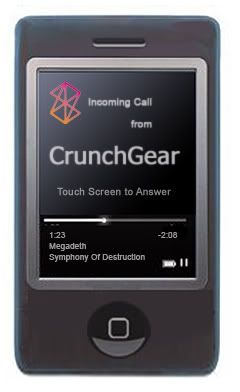Access your media remotely via SureWest.net

If you have been a TVersity user long enough, chances are that you were looking for a simple way to access your media on the go - after all this is one of the promises of TVersity. Until today, the only way to do it, was open a port in your home router/firewall, find out the IP address assigned to you by your ISP and point a remote web browser to this address. If you were lucky and your ISP was not blocking you, you could access your media wherever you were - a very liberating experience. For most of us however that was just too complicated.
Today, we are starting to change all that, we have come together with SureWest to offer a custom version of TVersity called SureWest Media Connect, that allows dead simple remote access (SureWest subscribers only at this point). This custom version of TVersity is fully integrated with the SureWest network and the MySureWest.net website, so all you need to do is enter your SureWest username and password during the installation of SureWest Media Connect, and then login to the SureWest portal from anywhere. No network configuration of any kind is required, just install the software and when you want to access your personal media remotely, simply login to SureWest.net. A widget on the home page will allow you to play your music and videos and see a slideshow of your photos from just about anywhere (see widget screenshot).
This new service is currently in Beta, so you will need to first join the Beta program by logging in at SureWest.net. If you are not a SureWest subscriber and yet you live in SureWests Northern California service area, there has never been a better time to switch... Other users who are interested in this service can help us bring it to them by contacting their ISP and suggesting TVersity remote access as a possible value-add service.
In case you are wondering how this remote access service relates to our core offering - access of personal and Internet media on TV, the basic idea behind TVersity is to empower users to access their favorite media on their favortie devices - be they TV connected or mobile. This is the first time however that we have been able to make remote access as easy as it needs to be. Needless to say SureWest Media Connect includes all the other features of TVersity and can therefore satisfy all your media serving needs.
"I am thrilled to be launching the SureWest Media Connect Beta! We have worked for some time with TVeristy to bring this service to our customers in a way that would make it easy to access and use. With SureWest Media Connect and the My Surewest website we are able to give our customers a truly unique service, the ability to remotely access and play all of the music, photos and videos stored on their home PC from anywhere on the world!" -Rick Vohs, Product Engineering Manager, SureWest





















